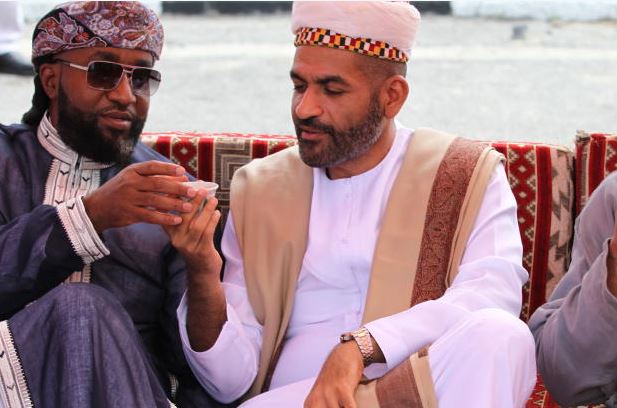×
The Standard e-Paper
Fearless, Trusted News

Mombasa Governor Hassan Joho (left) shares a cup of coffee with Mvita MP Abdulswamad Nassir. [Maarufu Mohamed, Standard]
The battle to succeed Mombasa Governor Hassan Joho has begun in earnest.